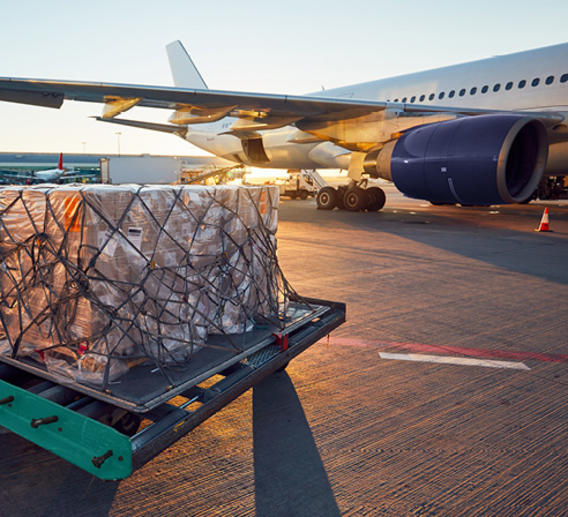Transportation plays a pivotal role in our modern society, enabling the movement of people, goods, and ideas across vast distances. From the earliest forms of transportation, such as walking and animal-drawn carts, to the sophisticated networks of planes, trains, and automobiles we have today, transportation has revolutionized the way we live, work, and interact. In this blog post, we will explore the multifaceted impact of transportation on our daily lives, highlighting its significance and the ways it has shaped our world.
- Enhancing Connectivity:
Transportation has been instrumental in connecting people and places, bridging geographical gaps, and fostering cultural exchange. It has facilitated the growth of cities, enabling individuals to commute to work, access education and healthcare, and engage in leisure activities. Moreover, transportation networks have connected remote regions, opening up opportunities for trade, tourism, and collaboration. - Economic Growth and Trade:
Efficient transportation systems are the backbone of a thriving economy. They facilitate the movement of goods and services, enabling businesses to reach wider markets and consumers to access a diverse range of products. Transportation infrastructure, such as ports, airports, and highways, are crucial for international trade, attracting investments and driving economic growth. Additionally, transportation creates employment opportunities in various sectors, from logistics and manufacturing to tourism and hospitality. - Social Mobility and Accessibility:
Transportation has empowered individuals by providing them with the means to access education, employment, and social opportunities. It has reduced the barriers of distance and time, allowing people to commute to work, attend schools and universities, and participate in cultural events. Public transportation systems, such as buses and trains, have made mobility more affordable and accessible, particularly for those who cannot afford private vehicles. This has contributed to social inclusion and improved the quality of life for many. - Environmental Impact and Sustainability:
While transportation has brought numerous benefits, it also poses challenges, particularly in terms of environmental impact. The burning of fossil fuels by vehicles contributes to air pollution and greenhouse gas emissions, leading to climate change and health issues. However, advancements in technology have led to the development of electric and hybrid vehicles, as well as the promotion of sustainable transportation options like cycling, walking, and public transit. These initiatives aim to reduce carbon emissions and create a more sustainable future.
Conclusion:
Transportation is an integral part of our daily lives, shaping the way we live, work, and interact. Its impact extends beyond mere movement, influencing economic growth, social mobility, and environmental sustainability. As we continue to innovate and develop transportation systems, it is crucial to prioritize efficiency, accessibility, and environmental responsibility. By doing so, we can ensure that transportation remains a catalyst for progress and a driving force behind a connected and sustainable world.
